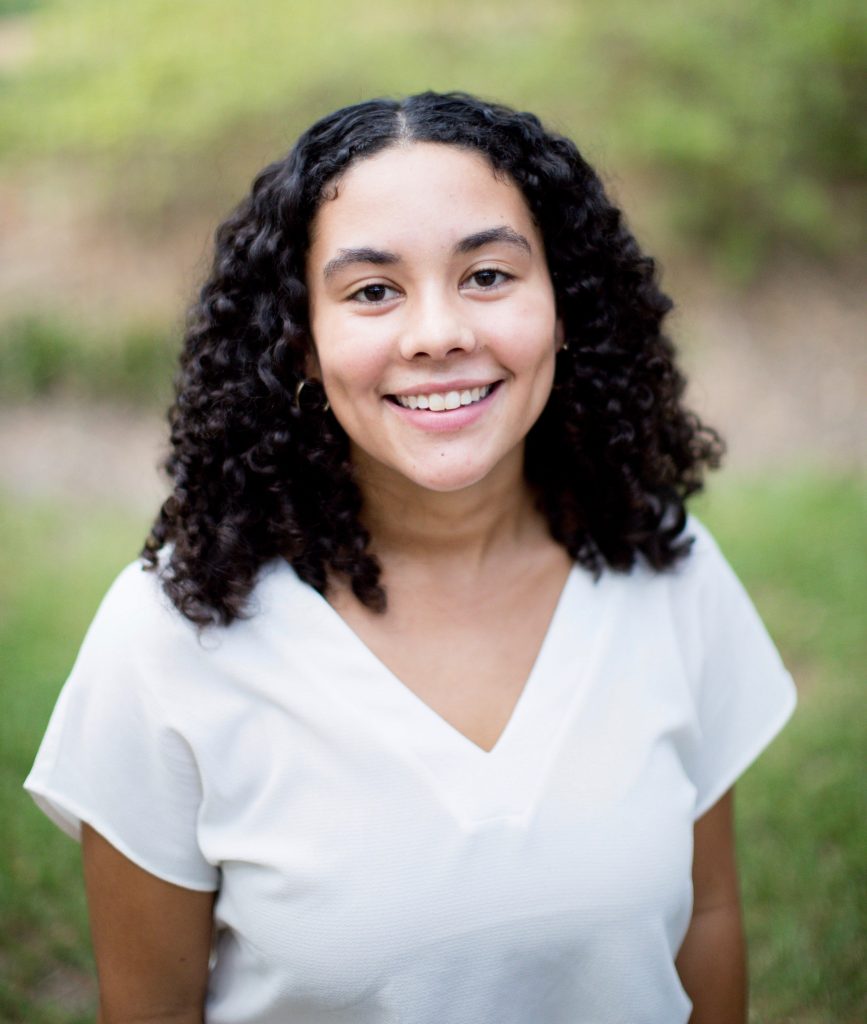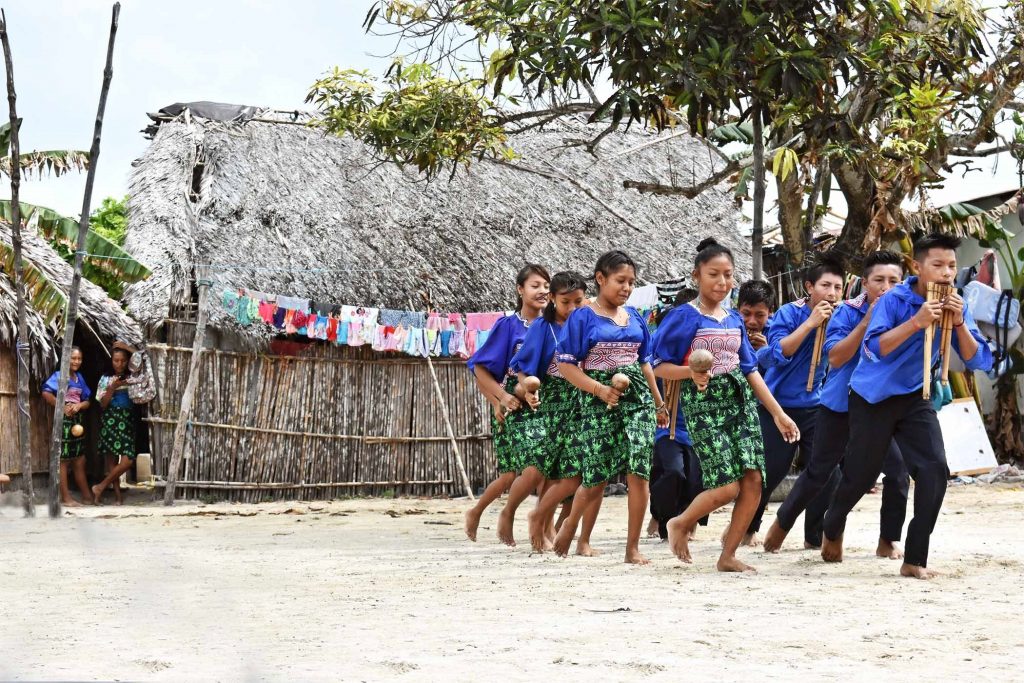Alum’s fish film nets attention
December 28th, 2018 | Alumni, SIT Study Abroad
For Rice University senior Antonia Brown, SIT’s program Panama: Tropical Ecology, Marine Ecosystems, and Biodiversity Conservation was a great fit – a chance to do real field research. But that opportunity, she admits, was one she found daunting at first.

“I’d never done field research before. The week before, I was really worried,” Antonia says. “I was asking myself, ‘Do I even like nature?!’ I was really scared. But once I was there? It was amazing. We had a rainforest unit, and we took samples of leaves and bugs, and did statistical analyses of different areas. Then we went to the mangroves – we cut roots, dissected them, and looked at the biodiversity of roots. With corals, we compared biodiversity at different depths.
“I loved it,” Antonia says. “I learn more when I’m out doing things instead of just listening to lectures.”
When it came time for her ISP (Independent Study Project), Antonia encountered another big challenge. In addition to her ISP paper, she chose to make a film. It fit well with her proclivities – Antonia came to Rice interested primarily in the arts, then discovered ecology and evolutionary biology. Now she’s interested in combining them. Her film, A Fishing Story, is a look at the fishing practices of Panama’s indigenous Guna people, who live on a group of around 300 islands in the Caribbean.
Antonia studied Spanish as part of SIT Panama, but for the film, she needed to interview fishermen in island villages where most spoke Guna, not Spanish.
“I needed a Guna-Spanish translator,” she says. “I was very worried – I didn’t want to feel like I was taking their stories from them or taking advantage. I didn’t know the language, and I had a camera. My advisor said at the beginning, just don’t take out your camera. Make sure everyone’s comfortable around you and understands that you’re just a student trying to learn more.”

Her trepidation proved to be unfounded. Antonia says that, once the camera came out, there wasn’t much stress at all. “I asked if I could film, and fishermen just said, ‘Yeah, sure! If this is your project, and you’re interested in my life, why not?’”
Her short documentary has done well. In August, she traveled to Austin, Texas, for the Capital City Black Film Festival – her first experience with a festival. There it took third place for Best Short Documentary, and she offered a Q&A after the screening. In October, A Fishing Story was part of the Wildlife Conservation Film Festival in New York City, where hers was one of several films examining fishing practices.
Antonia isn’t completely sure what she’ll pursue when she graduates from Rice, but for now, she hopes to continue combining arts and science. She sees a particular need for film to explain scientific findings. “I think it’s really important for scientists to communicate well to the public, to inform people about what’s going on in conservation and in biology.”
With SIT, Antonia found it possible to do what she simply couldn’t do as part of a regular school semester. “It allowed me to do biology and conservation in a way my school couldn’t. I really couldn’t go snorkeling with the corals. A lot of people do things like that after college, but not in. SIT helped me learn more about the world, and I got to meet amazing people. I stayed with five host families, and I also got to meet lots of other American students who share the same interests I do.”
